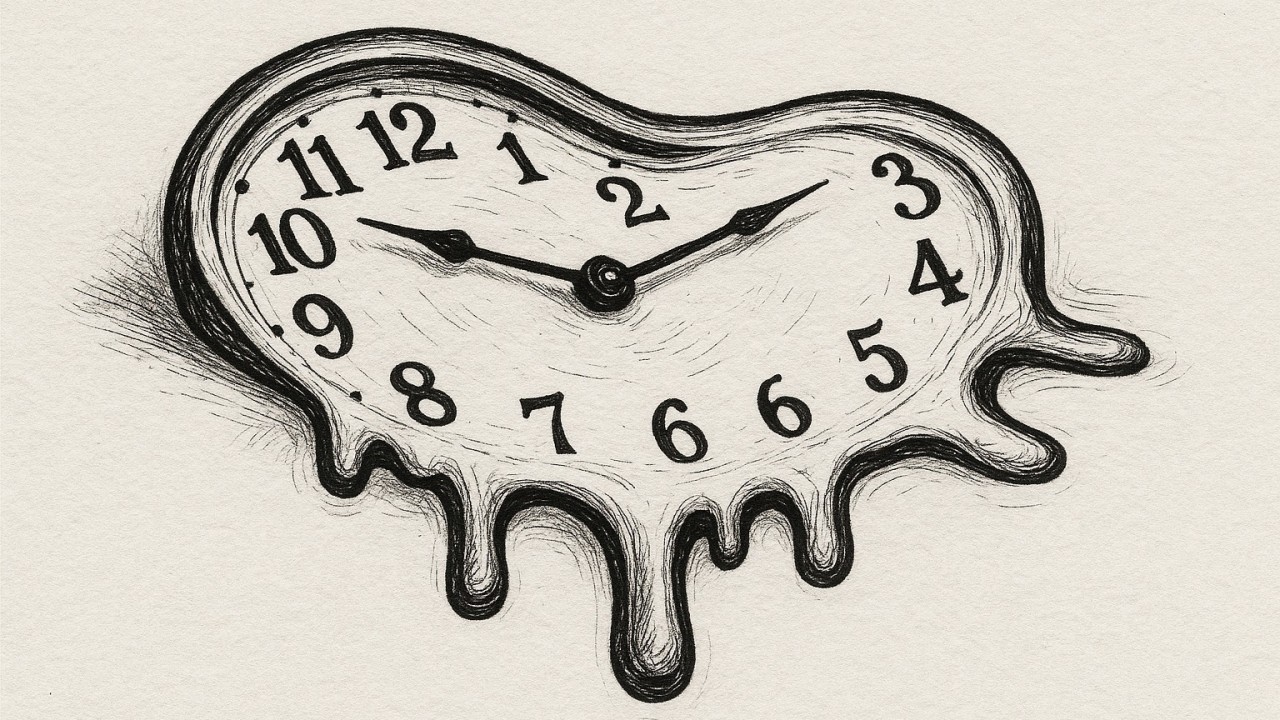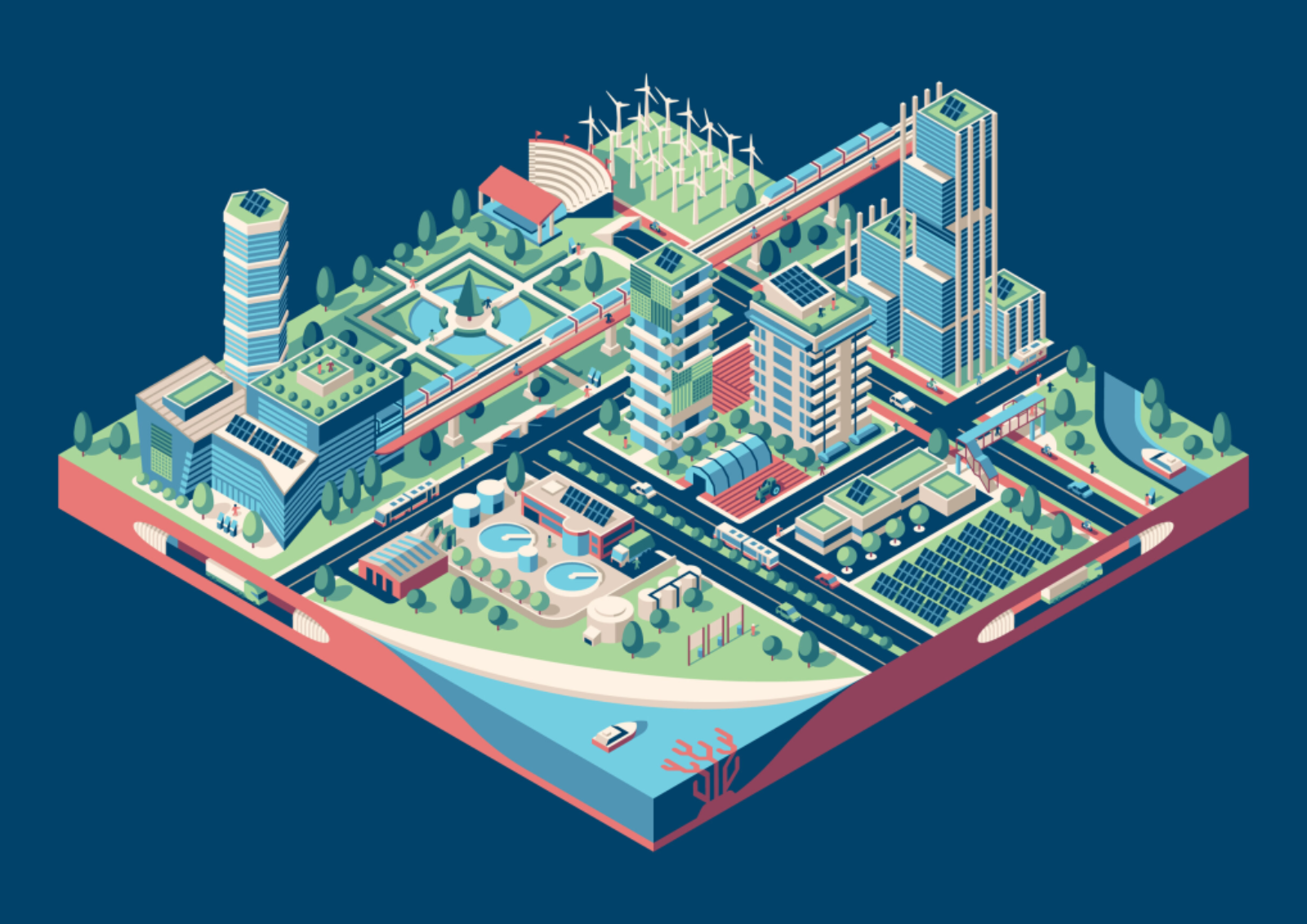“Good. Busy!”
I often hear this surprising answer in response to the basic question: How are you? It is as if being busy is good, leading to the default conclusion that ‘not busy’ is bad.
This interaction, to which I am increasingly exposed, makes me question the evolution of our time, our workforce, our essence, and the purpose of our minds. In a world where flex-time, remote working, and a potential ‘return’ to the gig economy are encouraged, why do we remain attached to the idea that productivity stems from being busy? On one hand, we are creating a new workplace that promotes a more balanced life, meaningful work, and increased self-fulfilment; yet, we continue to believe we must be continually busy to be productive and be ‘good’.
Science, in its many forms, would disagree. The value of unstructured (non-busy) time cannot be overstated, whether by 19th-century naturalists such as Charles Darwin, pioneering physicists, including Marie Curie, or tech visionaries such as Bill Gates.
Darwin worked just four focused hours a day: two 90-minute morning sessions and one in the afternoon, with allocated time for walking and rest. In that rhythm, he produced On the Origin of Species, The Descent of Man, and more. Marie Curie, who won two Nobel Prizes, also made space for deliberate, uninterrupted focus. Bill Gates adopted his “think weeks,” isolated retreats for deep reading and reflection, leading to some of Microsoft’s most strategic shifts. They weren’t avoiding work; they understood breakthroughs come from depth, not hours.
They grasped a reality the modern knowledge economy is only just rediscovering. In an age obsessed with presenteeism, productivity, and ‘busy-ness’ Darwin, Curie, and Gates remind us that depth, not speed or output volume, is the true driver of innovation.
The Modern Dilemma: Always On, Never Still
So what happened? How did we get here? The industrial revolution hardwired a simple equation: more hours equal more output. That formula still applies on factory floors, but no longer holds in today’s digital workplace.
As technology replaces manual effort with cognitive work, time savings often convert into more demands, not fewer, resulting in less time for ‘nothingness’. Always-on tools, distributed teams, and real-time expectations have eroded boundaries once protected by office hours and physical space – time and space that allowed for imagination, and enabled creation.
Microsoft’s 2025 report shows workers face an “infinite workday” – 117 emails daily, constant interruptions, and fragmented focus. The result? Burnout, shallow work, and increasingly transactional relationships with time itself, and the people around you.
Many organizations now conflate responsiveness with resilience, while knowledge workers struggle to preserve the focus required for high-value output. This leads to continuous partial attention, a state where fragmented focus erodes both performance and well-being.
The 30% Question: What If We Worked Less?
What if we worked 30% fewer hours and even earned 30% less? That figure isn’t random. A Swedish six-hour pilot showed 20%-30% productivity gains, while global trials in countries including Iceland and New Zealand have confirmed a similar percentage reduction in working hours can sustain or improve output, while reducing stress and improving work–life balance.
So, when pondering the effects of working and earning a third less, we are not hypothesizing irrational sacrifice. We are testing a threshold that supports selective intensity: reserving energy for creativity, care, well-being, and deeper contribution, just like Darwin, Curie, and Gates.
These scenarios are increasingly familiar. A parent skips a promotion, a founder adopts a four-day week, a professional makes time to write. These are thoughtful trade-offs, not disengagement signs.
What if we recalibrated our approach by prioritizing creativity and deep thought? What if this isn’t a trade-off, but a higher purpose ultimately leading to higher output? Would that not be considered an investment rather than a trade?
Rethinking Value: When Time Trumps Money
Free time isn’t just leisure, but the raw material for reflection, connection, and intellectual depth. Two 2017 studies published in PNAS revealed that experienced well-being plateaued at c. $75,000 household income, while another showed people report higher satisfaction when they swap pay for time.
In a noisy world, quiet is a competitive edge. Those who think deeply make better decisions and have a lasting impact.
The Renaissance of Unstructured Time
This is not regression, but recalibration. Darwin, Curie, and Gates didn’t produce less because they worked less. They produced differently, with greater focus and depth. The same may prove true for organizations embracing flexible, outcome-based models instead of rigid hour-counting.
Emerging technologies, particularly AI and agentic AI, are accelerating this shift. These technologies free us from routine tasks, to focus on work only humans can do: big thinking, problem-solving, creative breakthroughs.
The next era of work may not be defined by doing more, but reclaiming space to think, live, and create on more intentional terms. Flexibility is no longer a perk. It is becoming a design principle for how meaningful work gets done.
So, what happens when modern workers rethink how to apportion their day, treating unstructured time as the foundation for deeper thinking and purposeful action? How can companies align with their now flexible, connected workforce and move from capturing timeshare to capturing mindshare?
A friend asks me how I am. ‘Well, thank you. How are you?’






